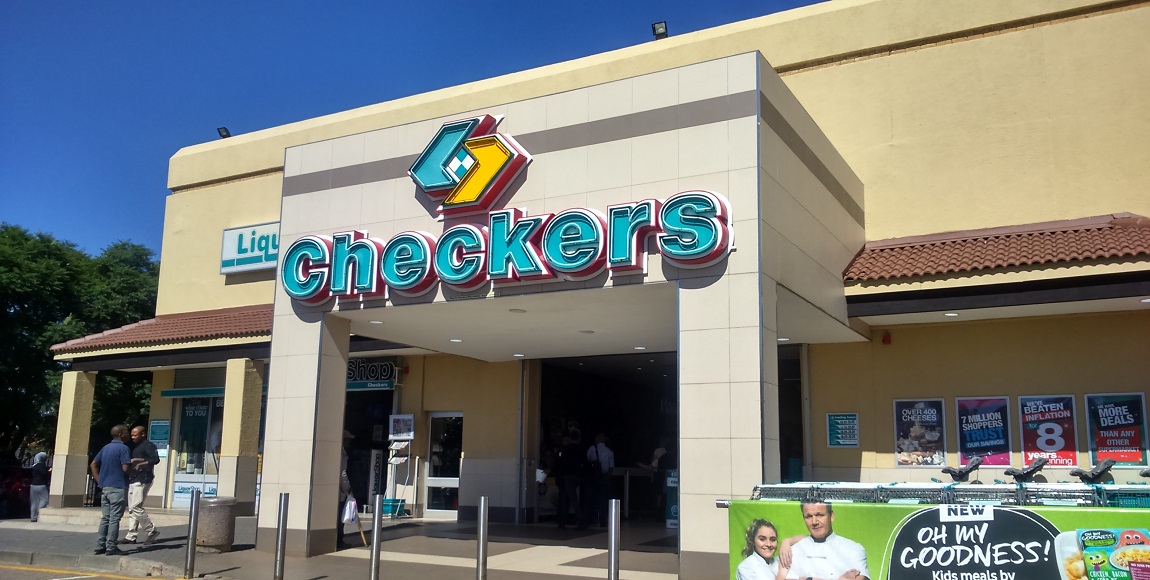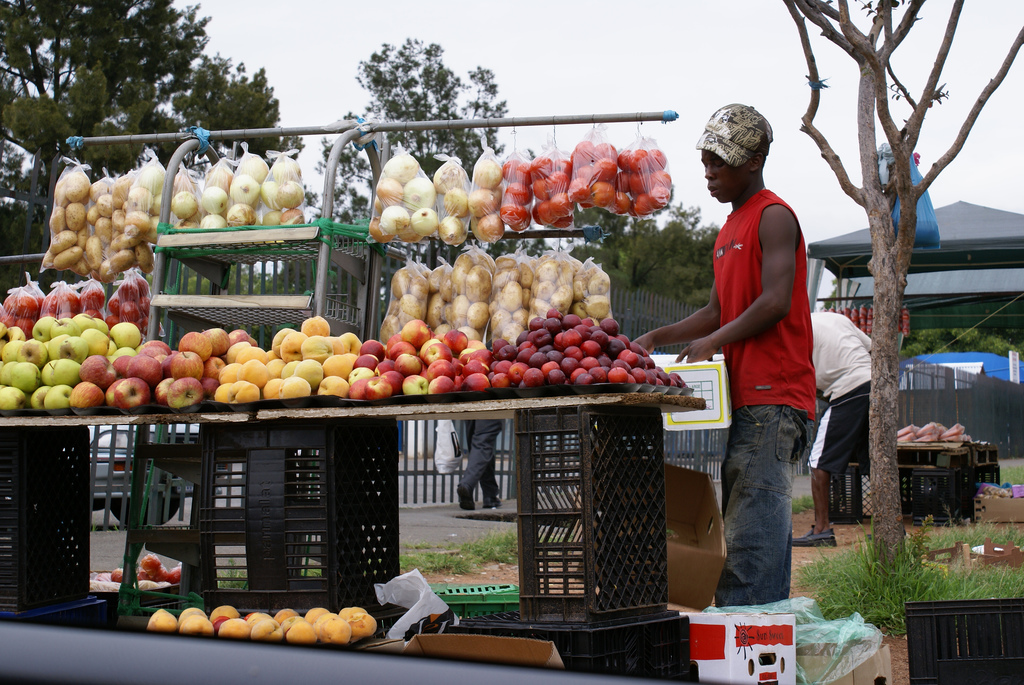With the rand fluctuations and two rating agencies downgrading South Africa’s economy to junk status, commodities like petrol have risen greatly. With petrol set to rise – 29c a litre to be exact – it also means that food prices will also increase. Rising prices come after Statistics South Africa (Stats SA) released a report last year detailing food price increases in South Africa. They report that South Africans paid an average of 9.8% more for an average basket of foodstuffs in March 2016 than we did in March 2015. “This rise is the highest monthly year-on-year rise in food since February 2012,†the report said.
The Daily Vox spoke to shoppers to find out more about their grocery habits.
Gail Leaver (52) owns a stationery shop in Parkview, She does small grocery shopping trips once a week and a bigger one once a month.
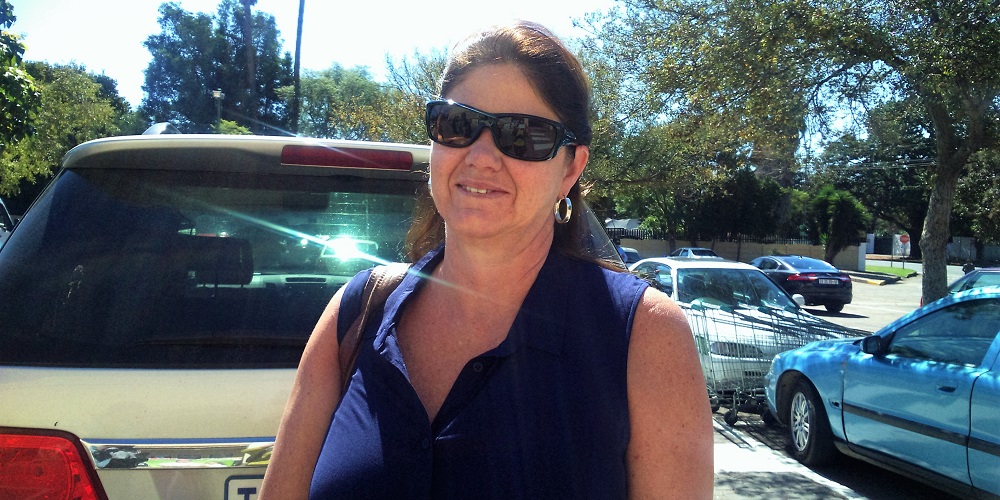
“I have a big family so I would roughly estimate that I use 10% – no man, more – I’d say 20% [of my monthly salary] on groceries.â€
When asked what the most expensive item in her shopping basket is, she wasn’t sure, so she checked her till slip. Cool drinks, toilet paper, cheese and bacon. The cheapest item is brown bread.
“My five essential items are cleaning materials, basic things like rice and sugar, and cold drinks.”
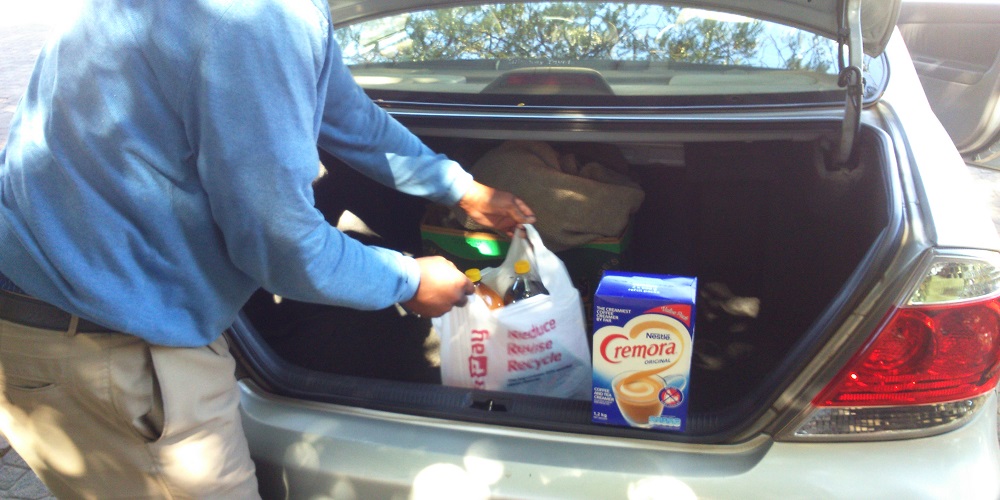
Tendani Denga (58) is a taxi owner from Soweto and the head of a household of three people. Denga doesn’t have a grocery schedule. “Each time I come if there’s something that’s running dry at home. So let me say in three days time I always do the shopping.â€
“I’d say I spend 30 to 35% of my salary on groceries.â€
“The most expensive [item] I would say is the 2kg bag of chicken portions. The cheapest is a loaf of brown bread.â€
“My five essential items, number one would be milk. Then bread, sugar, toothpaste, and shoe polish.â€
*Busi Langa (37) from Roodepoort and Prisca Shibane (30) from Hillbrow are both domestic workers in Emmarentia.
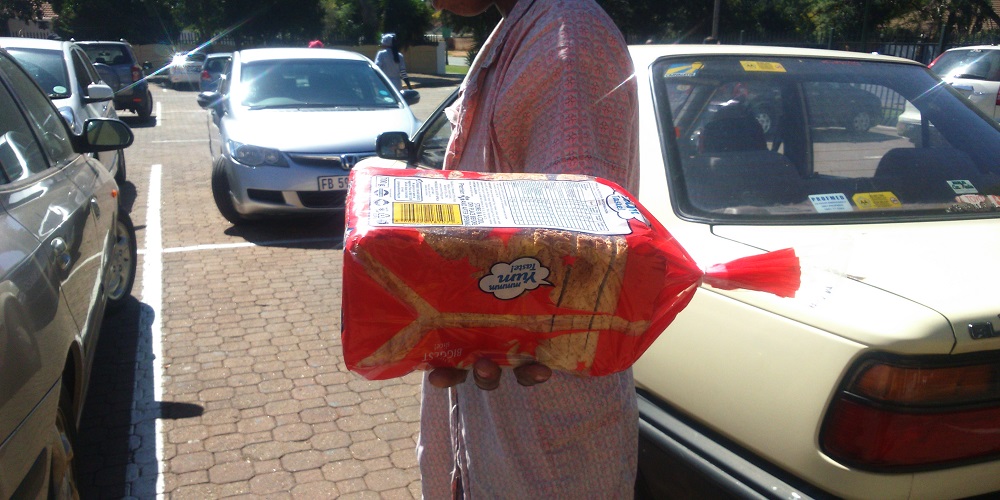
Langa does her shopping twice a month. “I’d do grocery shopping on the first or the 30th. I’d come again to buy groceries on the 15th.†What tends to run out around the 15th in her household is mielie meal, oil, and occasionally sugar. “And roll-on,†she added. “By the 15th my roll-on and Dawn [body lotion] is always finished.â€
Both Langa and Shibane said that about 80% of their monthly salary goes to groceries. “Out of R100, 80% is gone,†said Shibane. “Everything is just expensive. Mielie meal is the most expensive.â€
The cheapest item on her shopping list was bath soap.
Chris Moreton (64) is a software writer who lives Emmarentia.
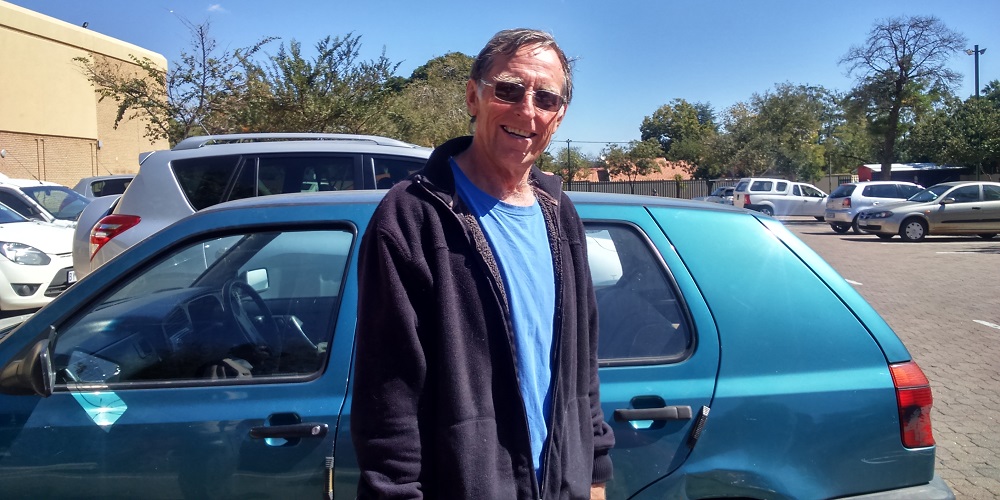
“I think I use around 10 and 20% of my salary for groceries,†he said.
“The most expensive item is meat and booze,†Moreton laughed. The cheapest item in his bag was bread.
Moreton normally shops three times a week, and the five essential items he buys are milk, bread, cheese, chicken and coffee.
Zahra Badat (61) a part-time teacher from Emmarentia, lives with her husband.
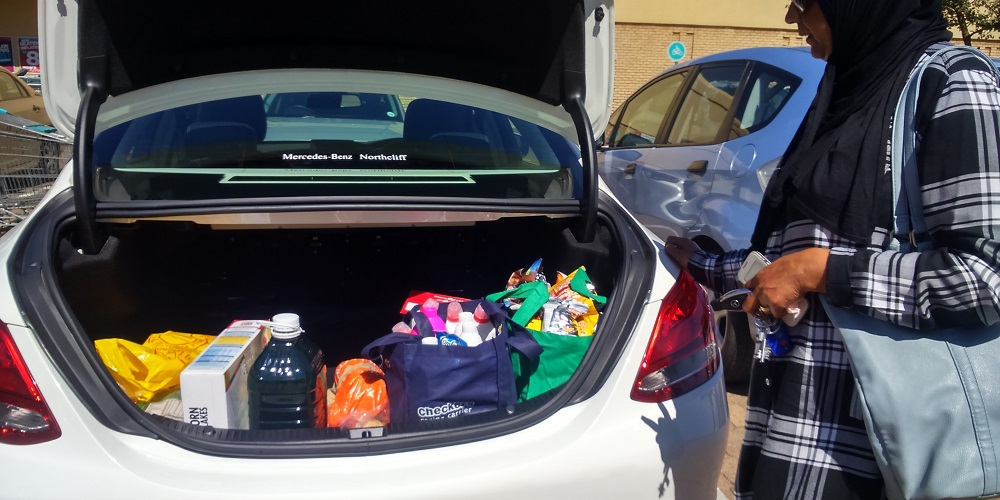
She estimated that she spends about 40% of her salary on groceries.
“I usually go grocery shopping twice a month,†she said. “The most expensive item in my trolley is dental floss while my cheapest is Borax.â€
She said her five essential grocery items are bread, milk, fruits, vegetables and yoghurt.
The Stats SA report confirms that life for South Africans, especially the economically vulnerable, is becoming harder. With the petrol price set to increase by 55c a litre in May, South Africans may have to review what we consider as essential items, or at least learn where to find the cheapest buy.
*Name has been changed
Additional reporting by Sinenhlanhla Ngubane
Editors’ note: This article incorrectly stated that the Statistics South Africa report was released this year. This has been amended.

